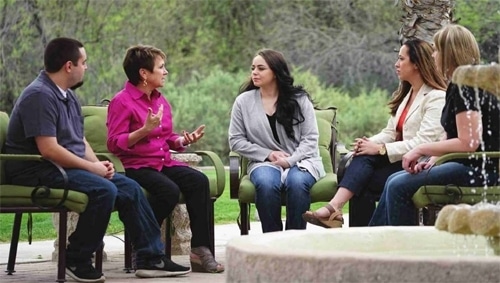Religious Families and AddictionWritten by Thomas Gagliano, MSW In order to understand why religious families inadvertently and at times unintentionally create an environment where their children run to addictions rather than God as their coping mechanism, we must first begin by understanding the mindset of a child. When we look back on our childhood, we look back through adult lenses. Since then, we have grown by our maturity and life experiences, which may have distorted the truth of our childhood. Many of us carry messages that tell us we are bad children if we get mad at our parents or disagree with them. This message can have a profound impact on the way the person feels about himself or herself in adulthood. It is important to respect our parents but we can also have different opinions. A child needs to feel their opinion is important to their parents or the child may feel he or she isn’t important. Validating and acknowledging a child’s feelings is essential if they are to have self-worth. If children are afraid to share their true feelings and doubts in fear of reprisal then who can they trust? All of these messages set up the destructive entitlement that leads to addiction. It’s no coincidence that most addictions begin before the age of 18. Read More










